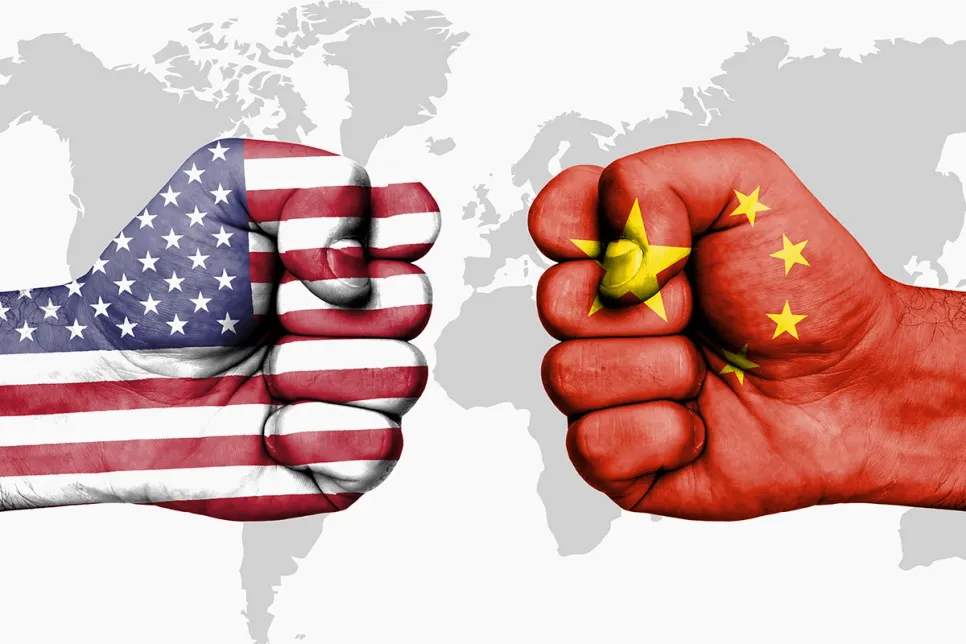Investors Sign Takeover of TikTok in the US
ByteDance signed binding deals with investors led by Oracle to transfer control of its TikTok US operations.

The Trump administration restrictions on Huawei took effect Friday, placing China’s largest technology company and its affiliates on a blacklist that curtails its access to critical U.S. suppliers, according to Bloomberg.
In a Federal Register notice, the Commerce Department said the curbs, apply to Huawei and 67 of its affiliates scattered across 26 countries from Germany to Madagascar. They were mainly private subsidiaries that the networking giant owns and uses to trade or conduct business in different cities or countries, and hence prime targets should the White House decide to pursue export restrictions.
If the U.S. blocks the sale to Huawei of critical components such as semiconductors, it could cripple Huawei’s businesses, depress the business of American chip giants from Qualcomm to Micron, and potentially disrupt the rollout of critical 5G wireless networks around the world. China pushed back against the restrictions, saying they wouldn’t serve U.S. interests. “It’s wrong, it is abusing national security, and targeting specific enterprises with discriminatory policies goes against fair-competition principles,“ Foreign Ministry spokesman Lu Kang said at a briefing in Beijing.
The threat is likely to elevate fears in Beijing that Trump’s broader goal is to contain China, igniting a protracted cold war between the world’s biggest economies. In addition to a trade fight that has rattled global markets for months, the U.S. has pressured both allies and foes to avoid using Huawei for 5G networks that will form the backbone of the modern economy.
U.S. Commerce Secretary Ross dodged questions about whether the new moves against Huawei could lead to a negotiation with the company or the Chinese government. He insisted the growing campaign against Huawei remained a separate matter from broader trade negotiations between the U.S. and China, which have stalled in recent days. “The purpose we have in mind here is we think there is a significant danger to national security and to our foreign policy of the existing situation at Huawei,’’ Ross said.
“This decision is in no one’s interest,“ Huawei said in a statement. “It will do significant economic harm to the American companies with which Huawei does business, affect tens of thousands of American jobs, and disrupt the current collaboration and mutual trust that exist on the global supply chain.“
Teresa He, president of Huawei’s chip-making unit HiSilicon, called the U.S. ban “crazy“ and “groundless“ in a letter sent to employees and seen by Bloomberg. While HiSilicon was seen as a backup plan for Huawei’s semiconductor supply, the ban will make it a primary supplier, she said in her letter.